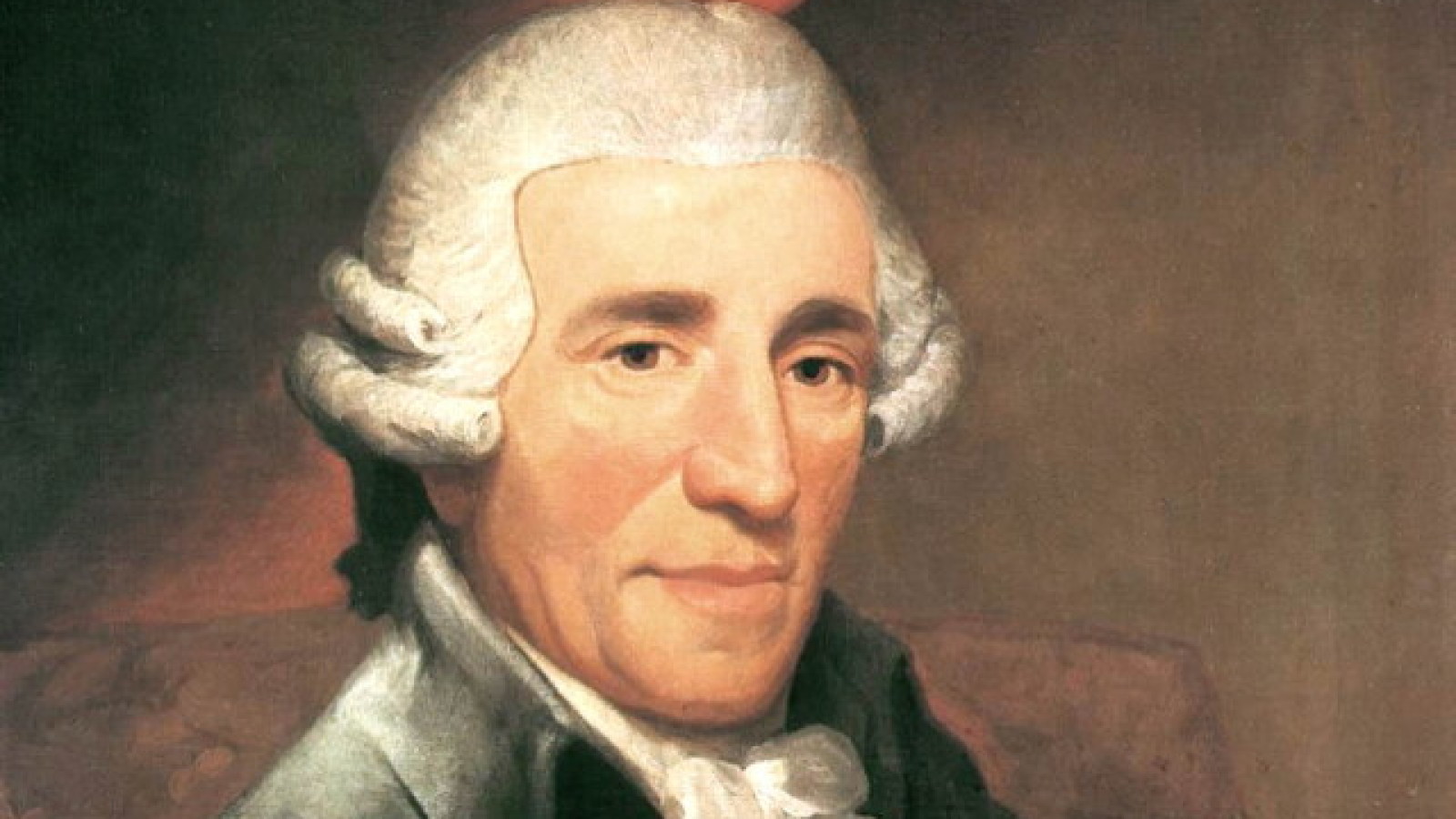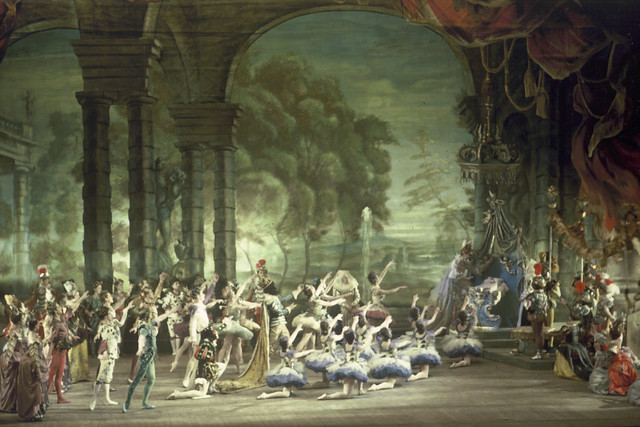Works by Giovanni Bassano, Dario Castello, Tomasso Albinoni, Baldassare Galuppi, Guiseppe Tartini, Pietry Locatelli, Biagio Marini, Maurizio Cazzati.
Red Priest
Trinity Church Wimbledon, 21 November 2017
*********************
Red Priest have been a fixture on the Baroque circuit for 20 years, with their refreshing take on the music and the concert ritual itself. Red Priest was of course the nickname of the flame haired composer Antonio Vivaldi.
It’s made up of harpsichordist David Wright, cellist Angela East, violinist Adam Summerhayes and Piers Adams on the recorder. Amongst these Adams is clearly the leader, happily skipping between soprano, alto and bass recorders, fronting repertoire spanning all the Venetian greats from Vivaldi to Galuppi, much of it arranged for the ensemble.
The concert was the “Venice” instalment in this year’s Wimbledon International Music Festival as part of its "Musical Capitals" theme in 2017. Despite the undoubted brilliance of Adam’s artistry on the recorders, the relentless recorder-led music lacked variety in the first half. The performances did not seem to achieve either enough polish or enough fun, falling awkwardly in the middle. It was a relief when Adam Summerhayes’ violin began to take on more solos as the evening continued.
On the whole the second half proved much more successful, featuring the ensembles rendition of the over-famous Spring concerto of Vivaldi with a healthy injection of fantasy, and culminating in a version of the same composer’s "Gypsy" Concerto given a “wild Romanian” take.



























